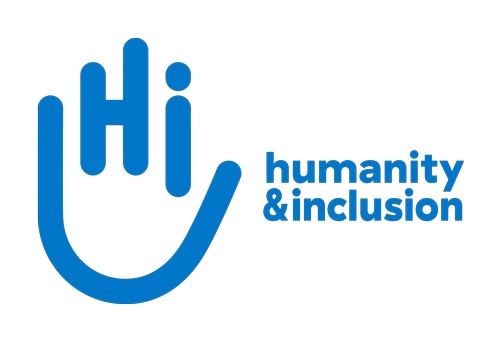Call-2018-Africa
2nd MIW Call for Good Practices on the elimination of discrimination and violence against women and girls with disabilities in Africa

Humanity and Inclusion (the new name of Handicap International) through its Making It Work project, in collaboration with the global Gender and Disability Technical Advisory Committee (TAC), is launching a second African call for good practices on the elimination, prevention of and response to discrimination, violence, abuse and exploitation of women and girls with disabilities. This call continues the work of documentation started in 2014 by the Making It Work gender and Disability project. The previous call for new practices allowed to document 9 good practices from 6 African countries, presented and shared globally in the Report published in June 2018, titled “Gender and disability intersectionality in practice: Women and girls with disabilities addressing discrimination and violence in Africa” accessible at bit.ly/MIWreport-2018.
The good practices should show demonstrable changes towards empowerment and greater equity for women and girls with disabilities while addressing discrimination and violence against them. The ones that are collected will be used to support national, regional and international level advocacy, ensuring that the voices of advocates at the local level will reach and influence international stakeholders.
EXTENDED DEADLINE FOR SUBMISSION: 30 NOVEMBER 2018
Guidelines and Questionnaire
Find here the key documents for this call: the Guidelines and the Questionnaire, both in English and in French
Les informations complètes en français sont sur la page https://www.makingitwork-crpd.org/fr/appel-2018-afrique
Who is eligible to submit a good practice?

- Disability-led coalitions (are particularly encouraged to apply)
- International, national or local Disabled People’s Organizations, Disabled Women’s Organizations, and Parents’ Associations
- Feminists and Women’s rights organizations
- International, national or local non-governmental organizations (NGOs)
- Service providers or community service organizations
- Human rights institutions (international or national)
- Academic institutions
- Government led initiatives
- Groups of people with disabilities or other activists
- Single organizations or partnerships may apply
- Individuals may not apply
What topics does this call cover?

MIW is welcoming practices addressing, among other topics:
- Bodily integrity of women and girls with disabilities, including issues such as: freedom from torture and inhumane practices such as forced or coerced sterilization, forced contraception and other forms of obstetrical violence, prevention of violence perpetrated by caregivers in institutional settings or day-care centers[1], the right to informed consent for decisions about one’s own body within healthcare, freedom from forced institutionalization including in psychiatric hospitals, and access to sexual and reproductive health (incl. HIV) and rights on an equal basis with others;
- Violence at and on the way to school, domestic violence including labour exploitation;
- Gender equality at community level and in particular gender equity and dialogue within families and communities;
- Women Empowerment in a broad sense, in particular economic empowerment, autonomy, participation of women with disabilities and leadership;
- Violence against older women with disabilities;
- Violence against women and girls with disabilities in humanitarian settings;
- Harmful practices such as forced marriage, early marriage, female genital mutilations inflicted on girls with disabilities, “bonus marriage”, killing of girls with albinism, infanticide targeting girls with disabilities.
Please note that these topics are highlighted but we also welcome practices addressing other issues linked with violence and discrimination against women and girls with disabilities.
[1] Such as but not limited to physical rehabilitation centers (providing rehabilitation, prosthetic and orthopedic services)
Copyright © 2026. All rights reserved.
